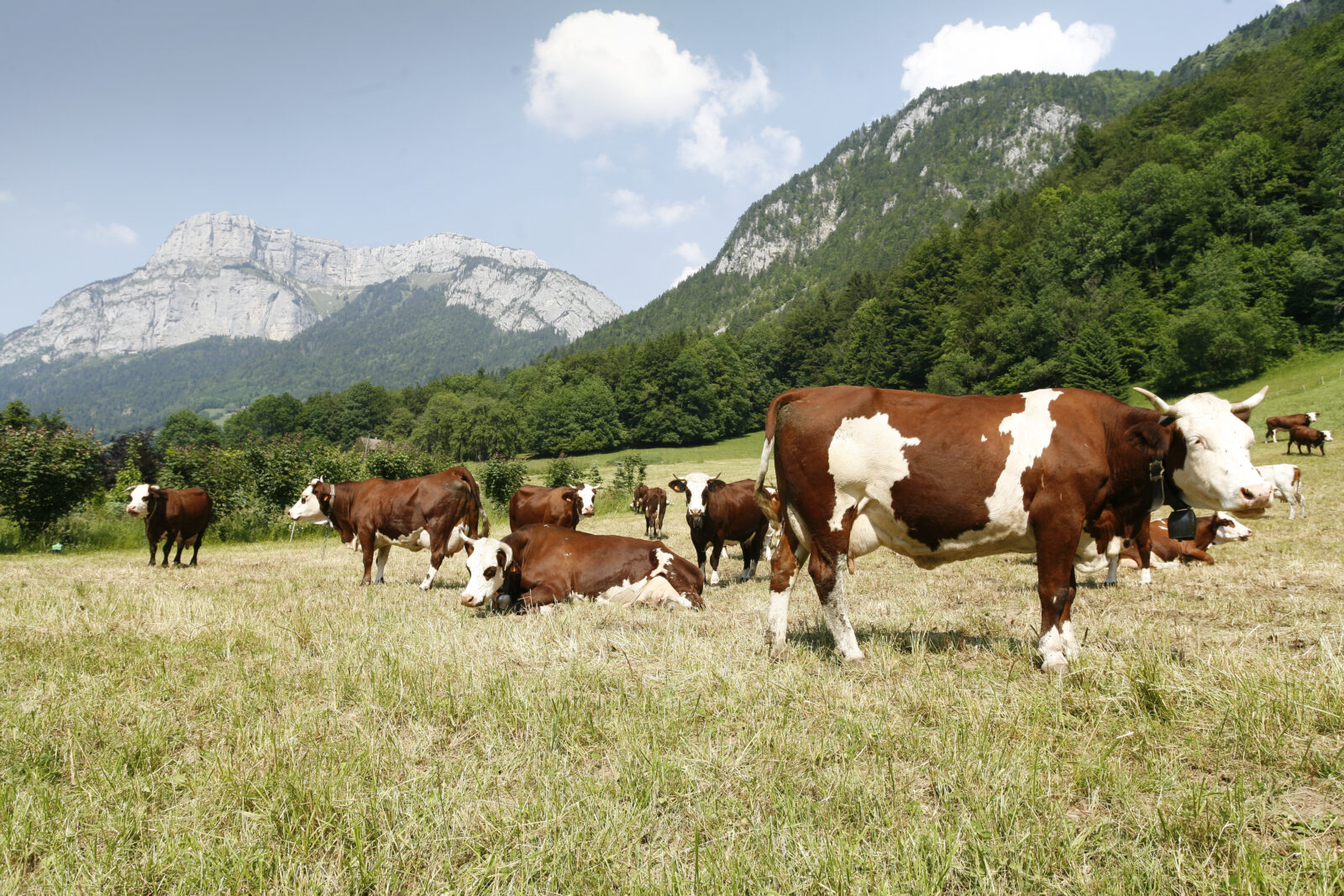Animal health and welfare

As the third global milk collector, we pay particular attention to all the animals in our supply chain, particularly the five million that supply the milk we process (cows, buffaloes, sheep and goats). We have a responsibility to them and recognize them as sentient beings. There is also a close link between their welfare and the quality of milk. Contributing to animal welfare makes it possible to improve our partner farmers’ performances and meet the expectations of our consumers and citizens.
Commitments:
-
100 % of our dairy technicians will be animal welfare trained by 2023.
-
100 % of our direct milk volumes will be assessed onsite for animal welfare by 2025 (by 2026 in Brazil).
-
Eradication of routine tail docking by 2022 and routine dehorning by 2025.


